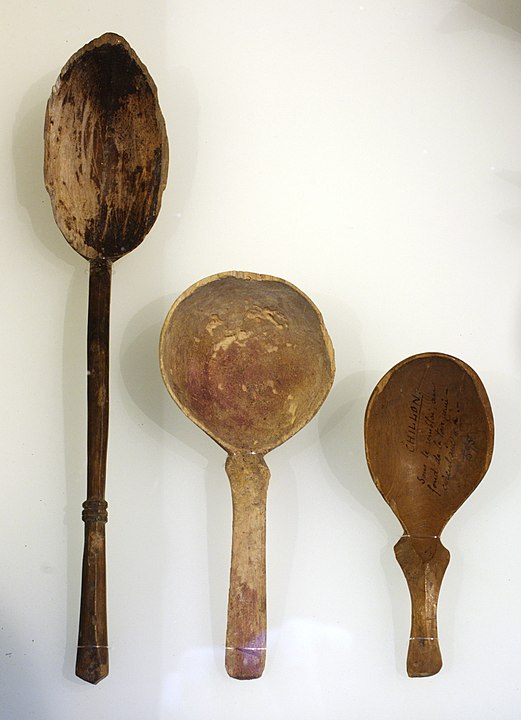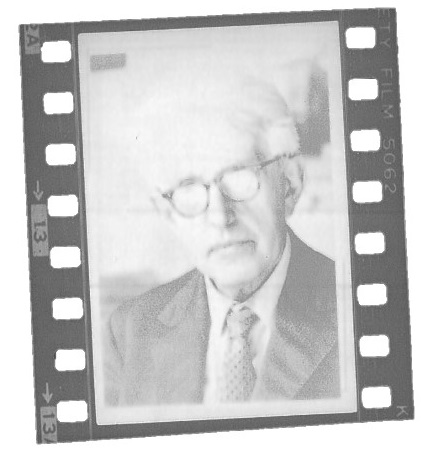The art of spoon-carving
Dr Hine writes:
Each time I take stock of the work in hand, I am aware of the works so far untouched. And each time that list gets a little shorter as a consequence. Although what's available on this site is currently limited to samples from five of Cassirer's works, the local digital archive includes digitally-scanned images of his published and hitherto unpublished works.
The latest piece to pass through the scanning process is Cassirer's translation of Nicolas de Cusa's dialogue between a philosopher and a lay-person. De Cusa's Latin text is known either as De Idiota (About the Lay-person) or Liber de Mente (Mind Book).
In German, Cassirer styles it “Des Nicolaus Cusanus Schrift vom Geist”, Nicolaus Cusanus' Writing on the Mind. The translation was published in parallel with a critical edition of the Latin dialogue, edited by Joachim Ritter. Laid out on facing-pages, the two texts form the first appendix to Ernst Cassirer's Individuum und Kosmos, a book dedicated to Aby Warburg.
At the present moment, I am still awaiting to hear from the German publishers Wissenschaftliche Buchgesellschaft. They reprinted Ernst Cassirer's text in full in 1963 and it seemed wise to confirm that they have no objection to republication of the appendix as part of the online H.W. Cassirer Collection. (Cassirer's heirs have given their share of the permission, but copyright law is region-specific and it is better to be sure of the good will of all parties.)
The intention is to make available the German-language version, as a standalone text, though it does feel slightly odd to place it out of context. If time permitted, it would be a fine idea to include an English translation too. But based on Cassirer’s German? or upon the Latin edition? or perhaps informed by both?
I can easily ask the questions, but the endeavour of translating is not feasible within the scope of the current works (so much more to be done). That said, in scanning, I spotted a passage that gave me a degree of delight. And so I made my own translation which I share on the basis it might encourage others to engage with the text when and where available. This brief exchange provides the context for the dialogue that ensues:

Photographed by Rama and licensed for re-use via CC BY-SA 2.0 fr.
View the original image on Wikimedia Commons.
Mine is only a cursory translation, but as I added a little dialectic flourish, I was made to pause for thought. What I have rendered “rudimentary” (a rather long Latinate word) translates Cassirer’s “bäurischer”. A translation might well make that “boorish”, but I fear in modern English that lacks the rural (peasant-farmer) angle of the German word.
I was tempted by “rustic”, which would be adequate with a view to the Latin (De Cusa's Orator speaks of “hiis rusticis operibus”. But rustic felt too high a register. I also toyed with “primitive”, “lowly” and “humble”, before picking “rudimentary” on the grounds it had the suggestion of “rude”.
What would you choose?
